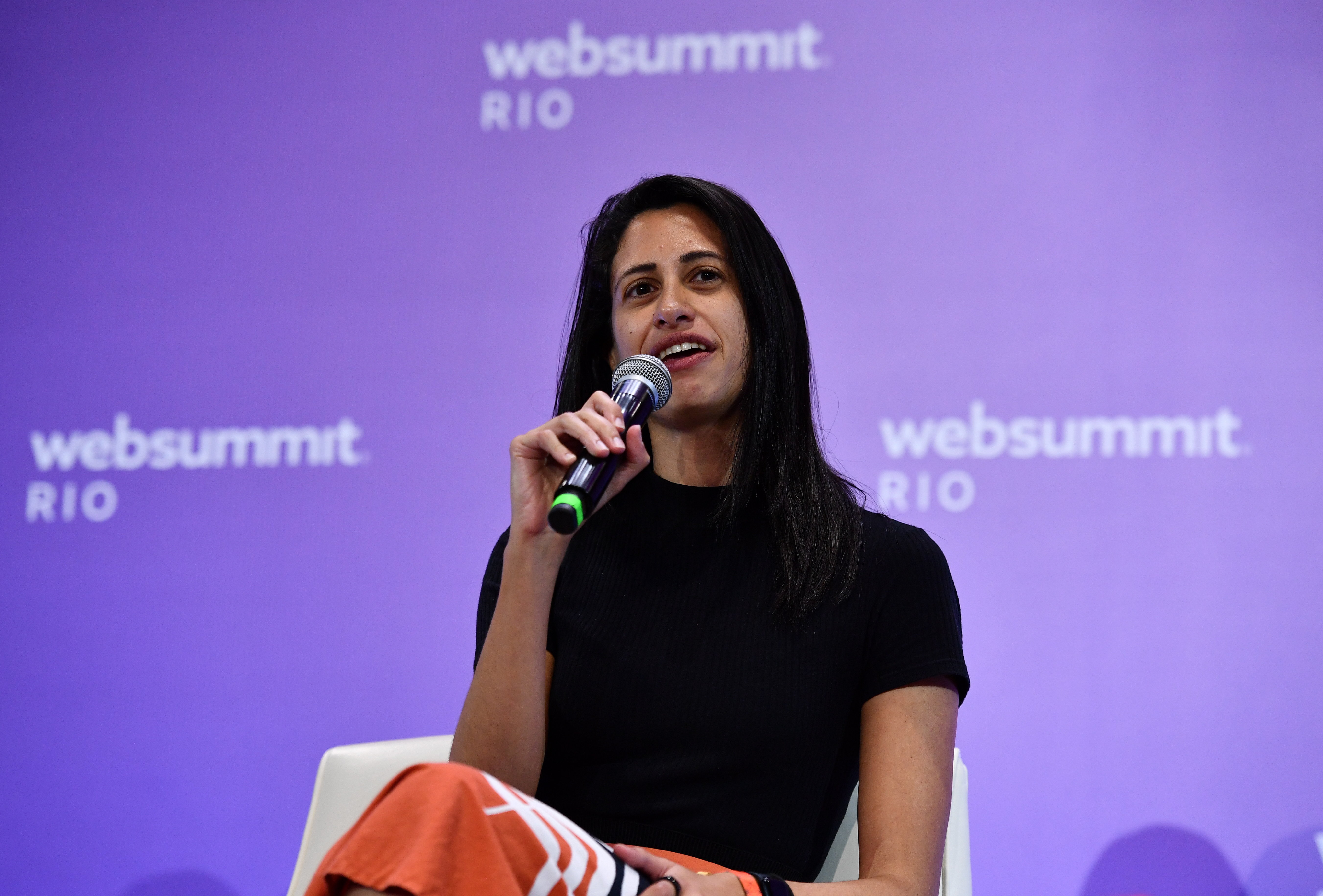
Navigating adversity in the LatAm investment ecosystem

Investment and fundraising in Latin America came under focus at Web Summit Rio as VCs took to the stage.
Raising funds has commanded much discussion at Web Summit Rio, with experts from Canary, SafeSpace and Astella sharing their insights.
The fundraising landscape in LatAm
According to Izabel Gallera, partner at Canary – an early-stage VC firm that focuses exclusively on the LatAm region – the current state of fundraising for startups in Latin America is a prosperous one.
“When we started investing in 2017 compared to now, we have – as an ecosystem in this region – three times more deals coming in,” Izabel claimed, indicating that entrepreneurial activity in the region has been steadily increasing in recent years.
“Early-stage VC has 14.5 times more dry powder than the asset class had in 2016 and 2017.”
But what exactly has led to the region’s influx of capital? And how does this differentiate LatAm from the rest of the world?
“I don’t want to stereotype but, on average, I feel like Latin American founders are much more resilient, with much more hustle, than other founders in other regions – in well-developed regions – and I think it comes down to the historical lack of liquidity.
“So if you have less money available, you have to focus on building your own business sustainably and powering through the challenge.”
‘If you are an investor, invest in women’
Rafaela Frankenthal, co-founder and CEO of SafeSpace, has urged investors to work harder at finding women-founded projects and founders to support – and to be accountable for diversity levels.
“If you’re an investor, invest in women. They exist. Look for them. Diversify your pipeline sourcing,” Rafaela said. “If you’re a founder, mentor women. Invite them to social events. Celebrate their achievements. Hire them.”
Rafaela added: “If you have a 70-percent male team, that’s not good enough. You can do a lot better, so hold yourself accountable and hire women. And, if you’re a leader working in a tech company, promote diversity and inclusion initiatives, and question decision-making processes and biases in hiring and promotion.”
Rafaela discussed her own struggles to secure funding as a woman founder: “Drawing from my experience as a tech founder, the biggest obstacle that women face today is access to capital. It’s really hard to build innovative technology without access to capital, and the VC industry today is dominated by men.”
“There are biases everywhere in the decision-making processes – especially when we’re speaking of early-stage, where most of the decisions are mainly based on gut feeling, so they are really vulnerable to biases. … To date, only 4.7 percent of Brazilian startups are founded by women.”
However, Rafaela added that women are beginning to have a huge impact in previously neglected areas of tech.
“There are so many exciting things going on in tech at the moment, and we’re seeing the first batch of female founders finally getting access to opportunities and building their own vision.”
For Brazilian tech, investment has ebbed before it’s flowed
Laura Constantini – co-founder and partner at Brazilian VC Astella, and a pioneer for VC in Brazil – believes that Brazilian startups are facing a time of enduring flux.
Having started Astella during the financial crisis of 2008, Laura has been through it all.
“The challenge has been going from a very liquid market to a very dry market in terms of resources,” said Laura. “Not only that, the mindset has changed from growing at all costs to one of efficiency. That shift in mindset was very hard, and we’ve seen founders struggling.”
For struggling startups in Brazil, chances of investment swooping in from the lucrative US market are not guaranteed, as US VCs don’t have a close-up view of the ecosystem, according to Laura. However, the macro trends for Brazilian tech funding remain broadly positive, despite current fluctuations.
Laura predicts an uptick in the months ahead: “I think we will see a lot of interesting momentum in a while. For the Brazilian investors, most of them are still waiting for better momentum for fundraising. Most of the names that we know in Brazil will come to the market again for fundraising in the second half of the year. There’s still a bit of time before we’ll see liquidity flowing back to the scene.”
Day 3 of Web Summit Rio kicks off tomorrow! Follow all the action across our social channels using the #WebSummitRio hashtag on Facebook, Instagram, Twitter and LinkedIn.
Main image of Canary partner Izabel Gallera at Web Summit Rio: Sam Barnes/Web Summit (CC BY 2.0)

